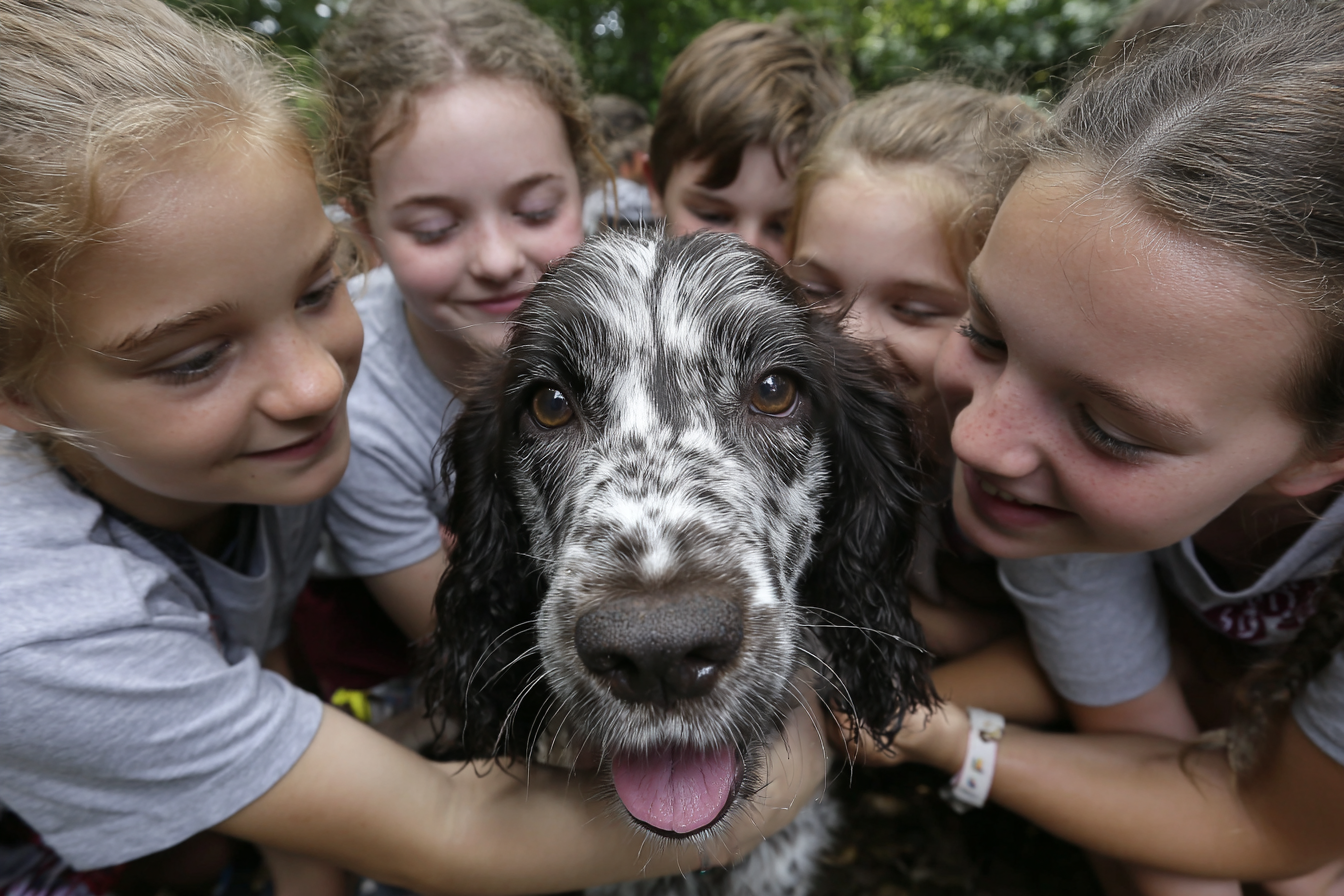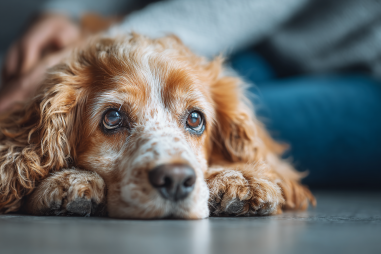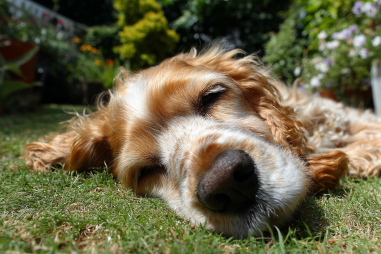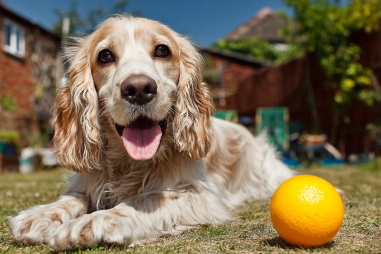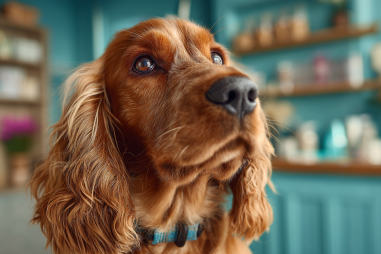Proper socialization is essential for raising a happy and confident English Cocker Spaniel. These affectionate and lively dogs thrive when they feel comfortable around people, other animals, and a variety of new environments. Early and effective socialization helps prevent behavioral issues like fearfulness or aggression and promotes a well-rounded temperament throughout their life. Whether you just brought home a puppy or adopted an adult, incorporating socialization techniques into your daily routine can make all the difference. Below, you’ll find comprehensive tips to guide you through this important process for your English Cocker Spaniel.
Why Socialization is Especially Important for English Cocker Spaniels
English Cocker Spaniels are known for their friendly disposition, intelligence, and eagerness to please. However, like many breeds with a strong hunting heritage, they can sometimes be sensitive to new experiences or unfamiliar situations. Without proper socialization, your spaniel might develop anxiety, shyness, or reactivity, particularly around strangers or noisy environments.
Because they are active, social dogs who enjoy companionship, positive social experiences are crucial to ensuring they stay mentally stimulated and emotionally balanced. Well-socialized English Cocker Spaniels tend to be more adaptable, making vet visits, grooming sessions, and meeting strangers much easier for everyone involved. It also reduces the likelihood of behavior problems down the road, such as separation anxiety or territorial aggression.
When to Start Socializing Your English Cocker Spaniel
Timing is key when it comes to socialization. The optimal window for socializing puppies is between 3 and 14 weeks of age. During this period, puppies are most receptive to new experiences and less likely to develop fears. For English Cocker Spaniels, early socialization sets a foundation of confidence and positive associations.
If you are adopting an adult dog, don’t worry—socialization can still be effective, though it might require more patience and careful exposure to new stimuli. Regardless of age, the goal is always to create positive, low-stress encounters that build trust and reduce anxiety.
Introducing Your English Cocker Spaniel to People and Pets
One of the first steps in socialization is exposing your dog to a variety of friendly people. This includes men, women, children, and elderly individuals, ideally in different settings. When your spaniel meets new people, allow them to approach at their own pace. Encourage gentle interactions and reward calm behavior with treats and praise. Avoid forcing the dog to interact if they seem scared or hesitant; instead, give them time to observe from a safe distance.
Introducing your English Cocker Spaniel to other dogs and pets requires a similar approach. Start with well-mannered dogs that are calm and friendly. Use a neutral location, like a quiet park or open space, for initial meet-ups. Keep the introductions brief and positive, focusing on sniffing and relaxed greetings. Supervise all interactions closely and separate dogs if any signs of stress or aggression appear. Gradually increase the length and variety of play sessions as your dog becomes more comfortable.
Handling Fear and Aggression in Your Dog
It’s not uncommon for dogs, including English Cocker Spaniels, to show signs of fear or aggression during the socialization process. The key is to remain patient and calm while addressing these behaviors. If your dog reacts nervously to a new experience, step back and remove them from the situation before anxiety escalates. Use positive reinforcement to reward bravery and calmness.
Never punish fear or aggression, as this often worsens the behavior. Instead, focus on desensitization and counter-conditioning. For example, if your dog is afraid of loud noises, start by exposing them to very quiet versions of the sound while providing treats, then slowly increase the volume over time. If aggression arises during interactions with other dogs, consult a professional trainer or behaviorist to develop a safe, effective plan tailored to your dog’s needs.
Socialization Activities and Environments to Explore
Variety is essential in socialization. English Cocker Spaniels should be exposed to different sights, sounds, smells, and experiences to build their confidence. Here are some enjoyable and effective socialization activities and environments:
- Dog parks: Great for meeting other dogs, but always supervise to ensure positive interactions.
- Puppy classes: These provide structured socialization with both humans and pups.
- Busy walks: Explore streets, parks, and pet-friendly shops to encounter new people and noises.
- Car rides: Helping your dog associate travel with positive outcomes can ease vet visits and trips.
- Obedience training sessions: These foster social skills while reinforcing basic commands.
- Visits to friends’ homes: Introducing your dog to new indoor environments and strangers.
Try to vary locations and companion dogs during these activities to help your spaniel generalize their positive experiences rather than getting comfortable with just one setting.
Common Socialization Mistakes to Avoid
Even with the best intentions, some mistakes during socialization can hinder your dog’s progress:
- Starting too late: Delaying socialization can mean your dog misses the critical period for easy adjustment.
- Overwhelming your dog: Too many new things at once can cause stress, so introduce new stimuli gradually.
- Forcing interactions: Pressuring your dog to approach people or dogs might increase fear or aggression.
- Ignoring negative signs: Pay attention to your dog’s body language and remove them from situations that cause excessive stress.
- Inconsistent exposure: Socialization needs regular practice; a few experiences won’t be enough.
By avoiding these pitfalls, you’ll set your English Cocker Spaniel up for social success.
Raising a Confident and Happy Companion
Effective socialization is a gift you can give your English Cocker Spaniel that impacts their quality of life for years to come. Beginning early, offering positive, varied experiences, and responding thoughtfully to your dog’s signals fosters trust and confidence. Remember to celebrate small victories, stay patient through challenges, and seek professional support if needed. With the right approach, your English Cocker Spaniel will grow into a friendly, well-adjusted companion who loves meeting new friends and embracing adventures by your side.

